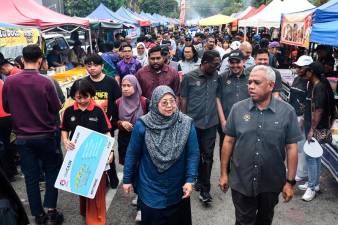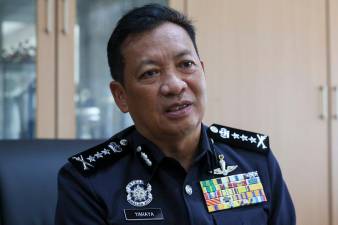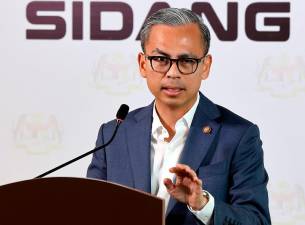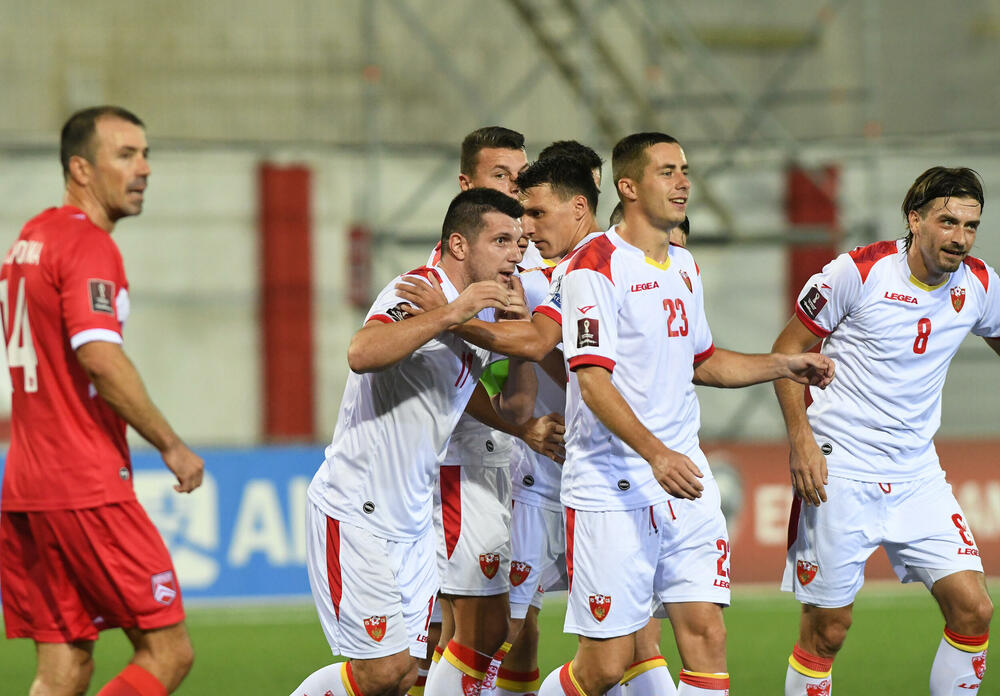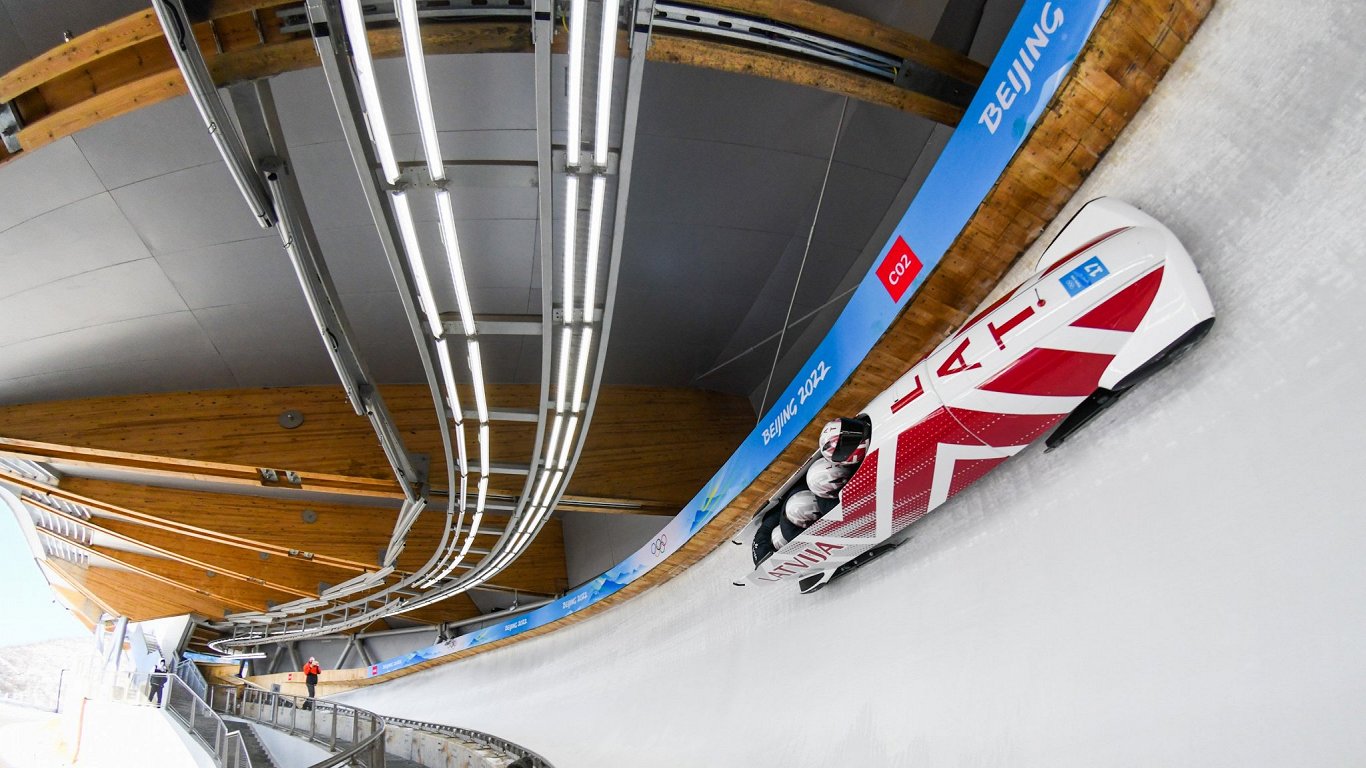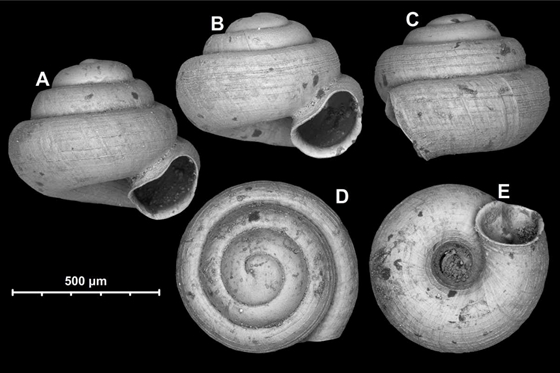
A displaced family looks on in front of a house in Paquitequete, Mozambique, where thousands of people have been displaced.
- The Mozambican government has been advised to strengthen governance in the Cabo Delgado province.
- A new report by the GI-TOC examines the insurgency in the northern Mozambican territory.
- It looks at the regional implications of the conflict, highlighting SA’s ability to fight extremism.
A new research report into the conflict, which has battered Mozambique’s Cabo Delgado province for over four years, suggests that military action alone won’t bring peace to the region.
The report, titled Insurgency, illicit markets and corruption: The Cabo Delgado conflict and its regional implications, recommends that, to facilitate peace and stability in the region, Mozambique’s government needs to “invest in local development” and strengthen local governance.
“To create a sustainable peace in the region, the government needs to invest in local development and ensure that such investment is transparent to local communities, establish service-oriented and transparent local governance, and address the drivers of corruption,” the report reads.
The document was researched and compiled Julia Stanyard, Alastair Nelson, Greg Arde and Julian Rademeyer, under the umbrella of the Global Initiative Against Transnational Organised Crime (GI-TOC).
The research was funded by the Hanns Seidel Foundation.
It was launched last month during a webinar hosted by News24.
WATCH | Insurgency and illicit markets. News24 unpacks the Cabo Delgado conflict
The report notes that the insurgency “was born out of deep-seated grievances over economic inequality and political exclusion”.
“While local people in Cabo Delgado have borne decades of government neglect, extreme poverty and widespread corruption, they have seen elite politically connected groups seizing the benefits of the region’s natural resources and profiteering from criminal markets.

People evacuated from the city of Palma arrive on a humanitarian flight at the airport in Pemba, Mozambique, amid insurgency.
“These inequalities have been drawn over ethnic and religious lines, between the politically dominant Christian-majority Makonde and the Muslim-majority Mwani and Makua ethnic groups. These political grievances have been channelled through religious extremism.”
The authors note that a perception persists the government “will prioritise security for gas developments in Cabo Delgado, rather than sustainable development for the local population and improved governance”.
“This would create the risk of a resurgence of violence, making northern Mozambique a source of continuing instability that could have knock-on effects regionally.”
Regional implications
The study notes that the insurgency in Cabo Delgado could have implications for other countries in the southern African region, including South Africa.
READ | Multibillion-rand plan to reconstruct insurgency-hit Cabo Delgado
“As international forces from Rwanda and the [Southern African Development Community] have made inroads in recapturing insurgent-held territory since August 2021, there are fears that fighters could scatter to other regions of Mozambique and internationally.”
The researchers focused specifically on South Africa, which had been warned by the Islamic State (ISIS) in 2020 not to interfere in Cabo Delgado.
In July last year, the South African National Defence Force deployed troops, military vehicles and equipment to its neighbour’s northern territory.
“In spite of the weak connections to insurgency in South Africa, key institutions to monitor and prosecute extremism in the country are weak, as evidenced by frequent delays and derailments of terrorism prosecutions.

A Rwandan police officer in an armoured vehicle in Cabo Delgado, Mozambique, which had been hit with insurgency.
“This is part of the wider deterioration of South Africa’s security institutions in recent years due to widespread corruption, maladministration and the ‘state capture’ scandals that have dominated South Africa’s political sphere. If the regional terrorism threat worsens, these institutions are not well-prepared to respond.”
Sanctions on South African residents
A week after the release of the report, the United States imposed sanctions on four men living in South Africa for allegedly supporting ISIS by sourcing weapons and using South Africa’s banks and other financial institutions.
The US Department of Treasury announced the sanctions last Tuesday against South Africans Farhad Hoomer and Siraaj Miller, as well as Ethiopian Hussein Abadigga and Tanzanian Peter Mbaga.
READ | US sanctions SA men, two others for allegedly supporting ISIS, securing funds
Speaking to the researchers of the Cabo Delgado report ahead of his sanctioning, Hoomer denied he was a terrorist, a message he would repeat when he commented on the US government’s steps last week.
In his interview with GI-TOC, Hoomer was open about his beliefs, saying his goal was “the establishment of an Islamic caliphate”.
“Democracy, in his view, is a form of tyranny and enslavement. He said that he was prepared to take up arms to advance these goals,” the report reads.
While the report notes that “Islamist extremist networks in South Africa are not widespread and do not appear to have many links to the insurgency in northern Mozambique”, it does note the weakness of the country’s state security and judicial machinery to “monitor and prosecute extremism”.
– Additional reporting Sheldon Morais
Editor’s note: A previous article reporting on the contents of the report did not accurately reflect its findings. The story has been updated to accurately reflect the level of risk of extremism in South Africa. News24 apologises for the error.
The News24 Africa Desk is supported by the Hanns Seidel Foundation. The stories produced through the Africa Desk and the opinions and statements that may be contained herein do not reflect those of the Hanns Seidel Foundation.
Note: This article have been indexed to our site. We do not claim legitimacy, ownership or copyright of any of the content above. To see the article at original source Click Here
